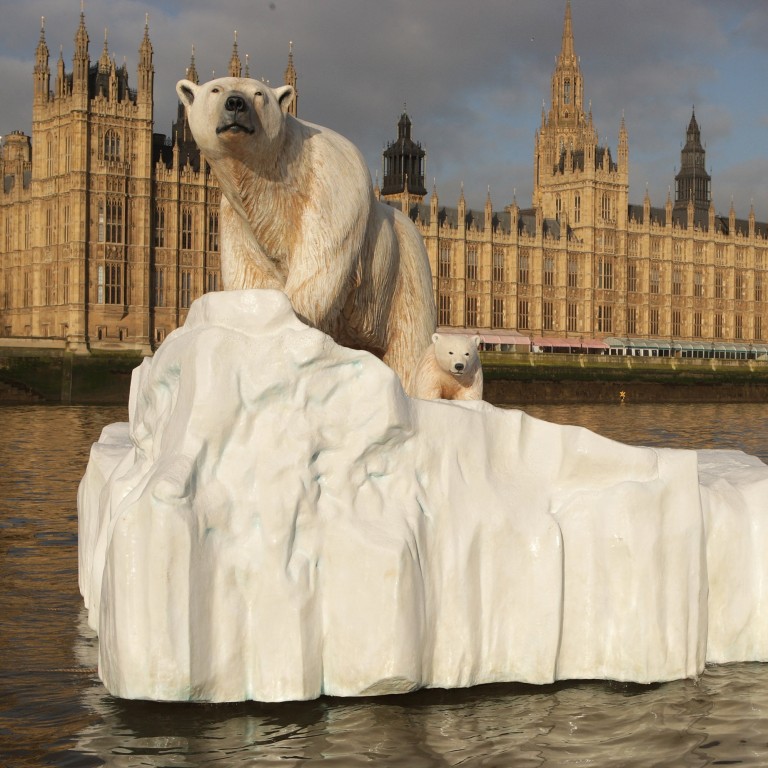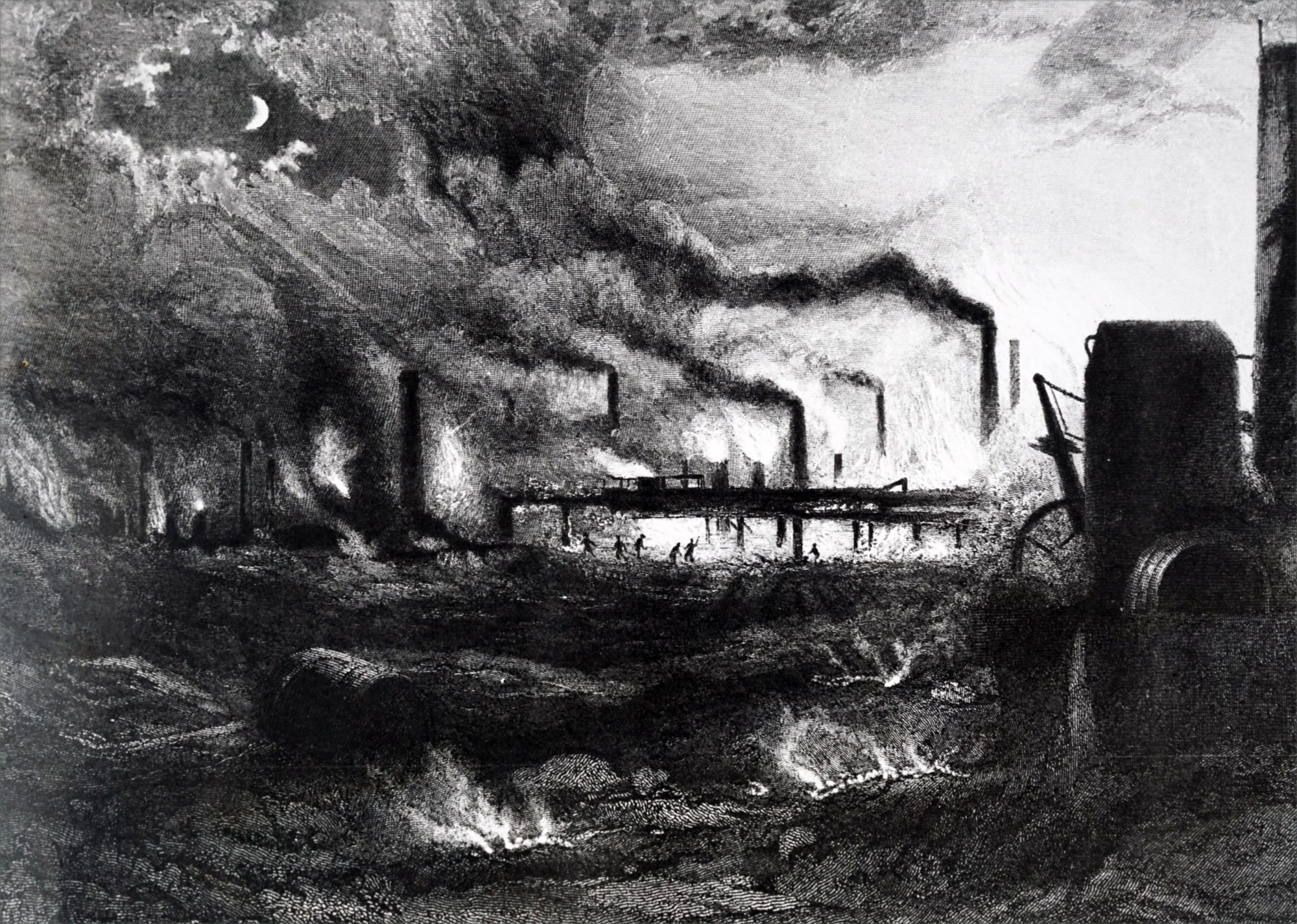
How climate ‘change’ gave way to ‘crisis’ and ‘emergency’ – the evolution of language used to describe global warming … er, heating
- The term ‘climate change’ has been in use since 1854, but in recent years has increasingly given way to ‘climate crisis’ and ‘climate emergency’
- Indigenous languages contain expressions that speak to non-monetary systems of exchange that value ecology, and to human stewardship of nature

Their use increased 20-fold and 76-fold, respectively, between 2018 and 2020, with “climate crisis” increasing 40 per cent in usage last year, compared with previous years, according to data from the Oxford English Dictionary (OED) and the Cambridge English Corpus.
The phrase “global heating” – preferred now to “global warming” – was used 15 times more in the first half of 2021 than in 2018, and recently added in the OED. Such expressions serve to convey a sense of imminent threat, reflect a negative emotional stance, and invoke an urgent call to action.
But consider alternative narratives to those of the global north. Scholars have long recognised that indigenous languages encompass traditional ecological knowledge, including strategies for sustainable living, offering unorthodox inspiration for tackling our environmental crisis.
‘Indigenous’ – our alternative word of the year
The Quechua chalay, “the practice of barter and exchange”, for example, embodying the Andean concept of reciprocity, highlights the ancestral non-monetary economic system valuing ecology, relationships and the sacred nature of food.
The International Decade of Indigenous Languages (2022-2032) lying before us is an opportunity to recognise and harness such value in pursuing the UN’s Sustainable Development Goals.
In a word: the Maori kaitiakitanga – recently added to the OED – refers to the human duty or responsibility of environmental stewardship, a reminder that we are all agents in creating a sustainable future.











